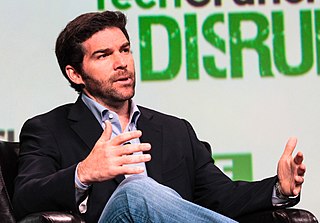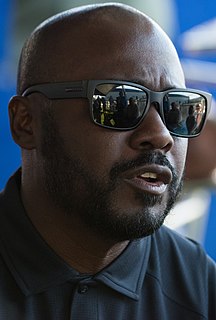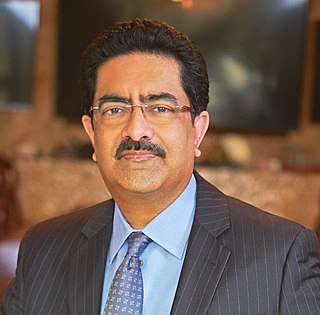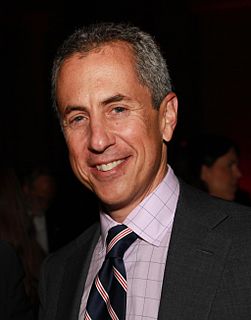A Quote by Douglas Conant
Most people think of leaders as being these outgoing, very visible, and charismatic people, which I find to be a very narrow perception. The key challenge for managers today is to get beyond the surface of your colleagues. You might just find that you have introverts embedded within your organization who are natural-born leaders.
Related Quotes
I'd like to get to a point where I am not considered natural by myself. When I say that I mean that I don't want to fit within the guidelines of what other people feel it is to be natural. If people feel that natural bodybuilders usually are the ones who lack legs or have poor body parts or don't train very hard or aren't very strong or aren't very intense, if that's your perception of what a natural bodybuilder is, then that's not what I want to be.
Leaders are active instead of reactive, shaping ideas instead of responding to them. Leaders adopt a personal and active attitude toward goals. The influence a leader exerts in altering moods, evoking images and expectations, and in establishing specific desires and objectives determines the direction an organization takes. The net result of this influence is to change the way people think about what is desirable, possible, and necessary. In other words, leaders are visionaries and managers operate within those established visions.
I'm sure that inside your heart... you're trying with all your might to find it on your own... the reason you were born. Because... because really... there might not be anyone who was born with a reason. I think that everyone... everyone might have to find one on their own. [in her head] A reason for being born... A reason that it's okay to be alive... A reason to exist. [aloud] I think everyone might have to find it themselves... and decide it for themselves. It could be your dreams... your job... or a person... The reason you're looking for... might be vague, unclear... and uncertain. [in her head] And you might lose it. [aloud] But as long as you're alive... you have to keep searching for that reason.
The important word there is inspire. The key difference between managers and leaders is that managers tell people what to do, while leaders inspire them to do it. Inspiration comes from three things: clarity of one's vision, courage of their conviction and the ability to effectively communicate both of those things.
You should have disagreements with your leaders and your colleagues, but if it becomes immediately a question of questioning people's motives, and if immediately you decide that somebody who sees a whole new situation differently than you must be a bad person and somehow twisted inside, we are not going to get very far in forming a more perfect union.
I think one purpose is very clear among corporations and business leaders: make profits, deliver high return for stockholders, conquer markets, service consumers and create jobs. But in today's world, demands from corporations and leaders are much more than that. We need to understand what people really want at the very end.
It is very, very rare where a slight that turns into a grudge that is in need of forgiveness is only about one of the parties. In most of our day-to-day situations - with colleagues at work, with your partner, with your children, with your friends - most of the time, if you really got down with each other and put aside your pride and your defensiveness and you had those hard conversations, you'd find a place where both people had something to ask for forgiveness from the other and to forgive the other.



































